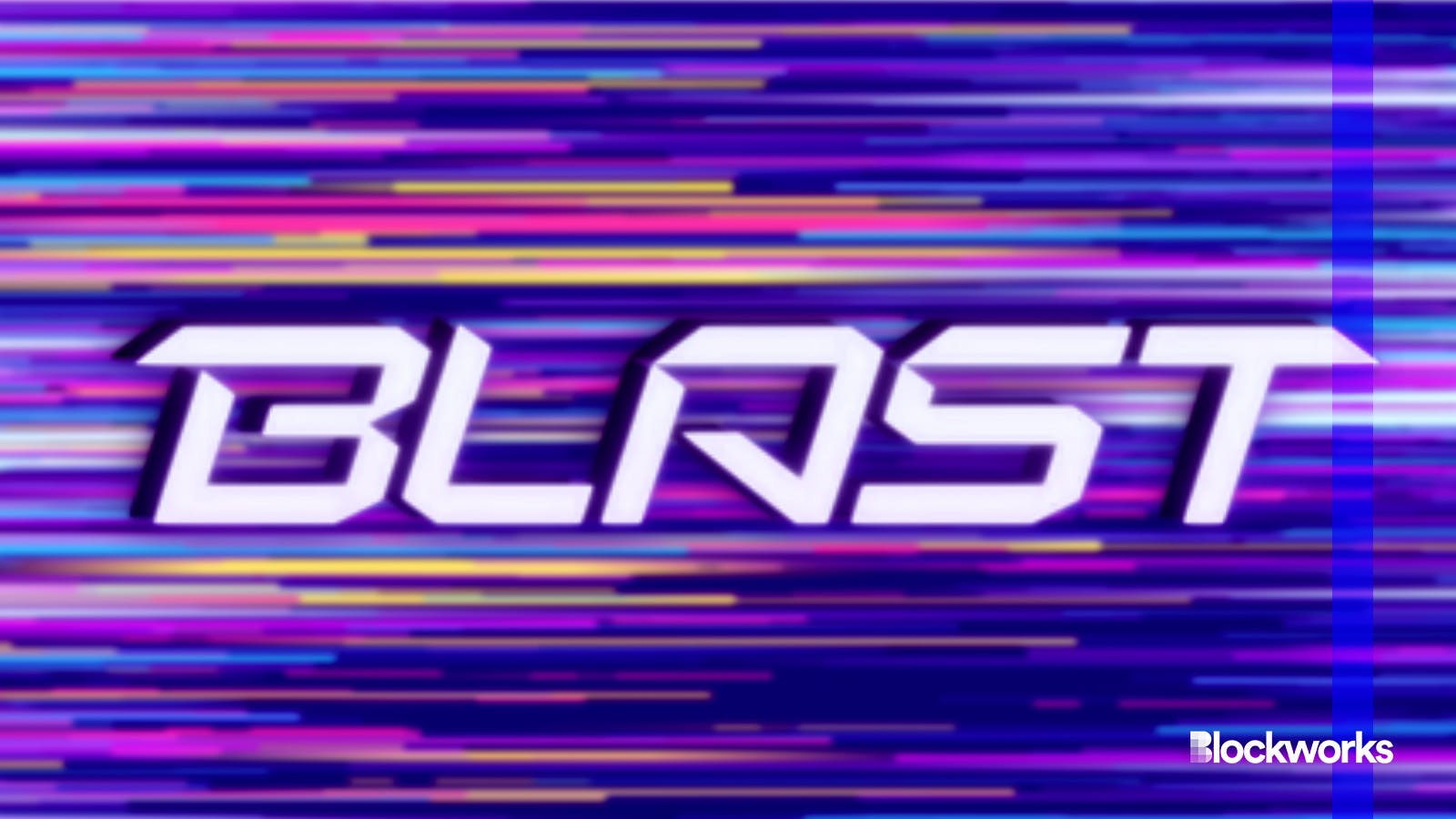Blast stopped producing blocks following Ethereum’s Dencun upgrade
Blast said the issue has since been resolved

Blast and Adobe Stock modified by Blockworks
Following Ethereum’s Dencun upgrade, the Blast Mainnet stopped producing blocks.
Around an hour after the last block was produced, Blast said that the issue was resolved in a post on X.
“A full analysis on the issue will be shared shortly,” the team said in the post.
“The Blast Mainnet has stopped producing blocks due to issues related to Ethereum’s Dencun upgrade,” Blast said in a post on X. “Core engineering contributors are working on a fix. We’ll share an update and post-mortem once the fix is live…”
Ethereum’s Dencun upgrade went live early Tuesday, marking the network’s largest upgrade to date.
According to Blast Scan, blocks stopped publishing around 10 am ET.
Read more: Blast developers drawn by layer-2’s liquidity and founder’s success building Blur
The “[layer-2] with native yield” drew criticism for initially soliciting deposits to a multisig wallet. All told, it saw $2.3 billion in deposits before its layer-2 went live. The layer-2, which went to mainnet in late February, is a fork of Optimism. As of Wednesday morning, Blast had surpassed Optimism as the second-largest Ethereum rollup by total value locked (TVL), according to DeFiLlama. The 51 protocols built on Blast cumulatively held over $1 billion.
Optimism itself continued producing blocks through the Dencun upgrade.
Blast said over 3,000 projects entered its developer contest to go live upon the layer-2’s mainnet launch and receive a larger airdrop allocation. Developers on Blast told Blockworks they were drawn to the rollup’s deep liquidity and its founder’s previous success building the NFT marketplace Blur.
Get the news in your inbox. Explore Blockworks newsletters:
- The Breakdown: Decoding crypto and the markets. Daily.
- 0xResearch: Alpha in your inbox. Think like an analyst.






